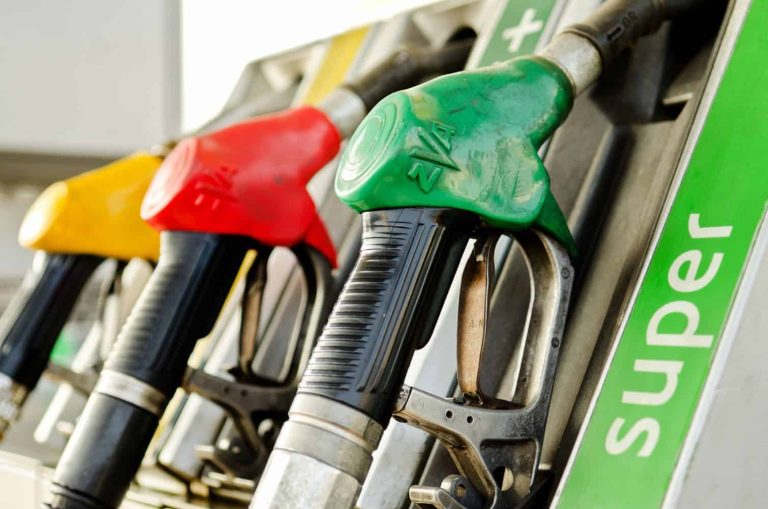
The country’s steel sector is not impressed with a trade policy directive on the exportation of ferrous and non-ferrous waste and scrap metal that the minister of trade, industry and competition published two weeks ago, saying it will threaten South Africa’s industrial future.
Tami Didiza, head of corporate communications at ArcelorMittal South Africa, says the country’s integrated steel value chain is concerned about the newly gazetted International Trade Administration Commission of South Africa (ITAC) amendments to the Price Preference System (PPS) governing scrap metal.
“While presented as supporting industrial development, the policy continues a decade-long approach that weakened the country’s steel sector, undermined recycling livelihoods and constrained industrial competitiveness.”
ALSO READ: Calls for scrap metal inquiry after price-fixing-cartel ruling
New scrap metal policy just benefits mini-mills
Didiza says the revised regulations again prioritise a small group of scrap-based mini-mills to the detriment of the broader steel manufacturing ecosystem, including primary producers, downstream fabricators, recyclers, waste-pickers and industrial consumers.
“South Africa cannot afford policy choices that favour a narrow subset of beneficiaries while placing the wider sector and industry at risk.”
Independent economic research shows that PPS and related export restrictions:
- suppressed scrap prices significantly below global parity;
- suppressed scrap metal prices significantly below global parity;
- constrained investment and employment in formal recycling;
- eroded the economic base of integrated steelmaking to the detriment of the economy;
- failed to deliver substantial jobs; and
- reduced industrial competitiveness across energy-intensive value chains.
Didiza points out that the consequences were clear, such as shrinking output, job losses, reduced export capability and increasing vulnerability in critical supply chains. “These outcomes conflict with government’s own stated objectives of reindustrialisation, localisation and green industrial growth.”
ALSO READ: Steel producers slam ArcelorMittal’s call to end scrap export tax
Did ITAC consider evidence-based recommendations?
He says it appears that evidence-based recommendations submitted to ITAC are not fully reflected in the final decision. “The independent scrap-industry study commissioned by the department of trade, industry and competition (dtic) has still not been released despite being completed months ago.
“While government acknowledged that the concurrent application of PPS and a scrap export tax was unintended and arose from administrative error, this error remains uncorrected.”
Didiza says South Africa requires a modern, globally competitive steel sector capable of supporting infrastructure delivery, energy transition, export manufacturing and regional development under the African Continental Free Trade Area (AfCFTA).
This goal cannot be achieved by artificially transferring value from recyclers, waste-pickers and primary and downstream manufacturers to a limited number of mini-mills, Didiza says. He emphasises that it is in the national interest to immediately:
- suspend and review the amended PPS;
- release the dtic scrap-sector report to compare it to the independent econometric report provided to ITAC and the dtic;
- correct the error of having both PPS and export tax; and
- follow a transparent, evidence-based policy process focusing on the full industrial value chain.
“South Africa needs a balanced scrap and steel policy that supports jobs, competitiveness and long-term industrial capacity, not narrow interests.”
ALSO READ: 17 years after the fact, Cape Gate found guilty of scrap metal price-fixing
The history of taxing scrap metal
The minister of economic development published a notice in the Government Gazette on 10 February 2012 in terms of section 6 of the International Trade Administration Act, which prescribes that certain goods, including ferrous and non-ferrous waste and scrap metal cannot be exported from South Africa unless an export permit was issued by ITAC.
A year later, on 10 May 2013, the minister issued a Trade Policy Directive directing ITAC to exercise its powers under the Act to regulate the export of ferrous and non-ferrous waste and scrap metal according to the policy in the directive.
The objectives of the directive were to regulate exports to ensure an affordable supply of quality scrap metal, an essential material for the domestic processing industry, to safeguard employment and to maintain and increase industrial capacity to promote infrastructure development.
ITAC then established a price preference system and said it would not permit the export of certain scrap metal guidelines unless it has first been offered for sale for domestic beneficiation to the domestic consuming industry at a price discount to an international benchmark price.
The administrative aspects of the PPS are set out in the guidelines, which include the percentage of discount on ferrous scrap that is amended from time to time when necessary for the administration of the PPS and domestic considerations.
According to the new policy note, ITAC must urgently investigate if the current level of the PPS discount on ferrous scrap (30%) requires modification. All other export control elements under PPS must remain the same.



